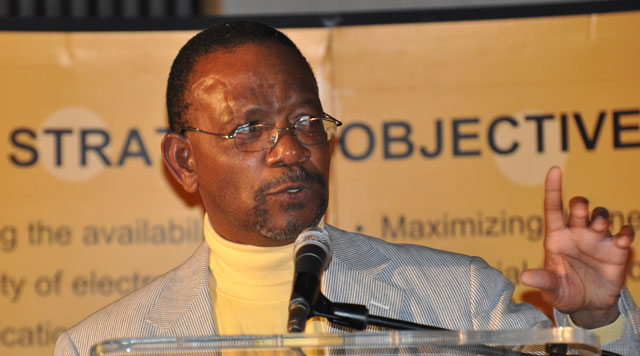
The erstwhile chair of communications regulator Icasa, Paris Mashile, has added his voice to the set-top box debate. And his views reflect those of communications minister Faith Muthambi.
Mashile, who chaired the Icasa council from 2004 to 2010, is well aware of the debate around digital migration, which started during his tenure at the regulator.
For him, the encryption debate is a simple one. “If you look at it from another angle, free-to-air in general does not have encryption. Encryption is for pay-television,” he says.
“All the set-top box does is transcode the signal from digital to analogue — it’s a gateway to receiving the digital signal.”
South Africa’s broadcasting industry is sharply divided on the issue of encryption, with e.tv and some set-top box manufacturers backing it and MultiChoice and other manufacturers against it.
Government’s final policy on broadcasting digital migration has rejected the idea of encryption in the 5m set-top boxes that will be subsidised by government for poorer households.
Mashile says it’s “not a simple thing” to build encryption or conditional access into set-top boxes. “Royalties still have to be paid to those who provide the encryption for their intellectual property, be it Nagravision, Irdeto or Viaccess. Also, this is no guarantee of protection — Sentech’s satellite television was hacked in Botswana.”
However, Mashile does have one big concern. During his time at Icasa, the set-top box was seen as a solution to enable universal access to the Internet. This plan appears appears to have been shelved.
“The public broadcaster could easily provide Internet access to the masses of our people through the set-top box,” Mashile says.
“The SABC could provide this through the use of ‘vertical blanking intervals’. There are 24 lines [in a broadcast picture] and each line has 40 letters that can be used for data transmission,” he explains. “The public broadcaster could serve as an Internet service provider.”
It could be used to improve the lives of underserved and rural communities, Mashile says. “We were thinking of e-education — using the system to download books, software and magazines. It could change the face of distance education.” — © 2015 NewsCentral Media




